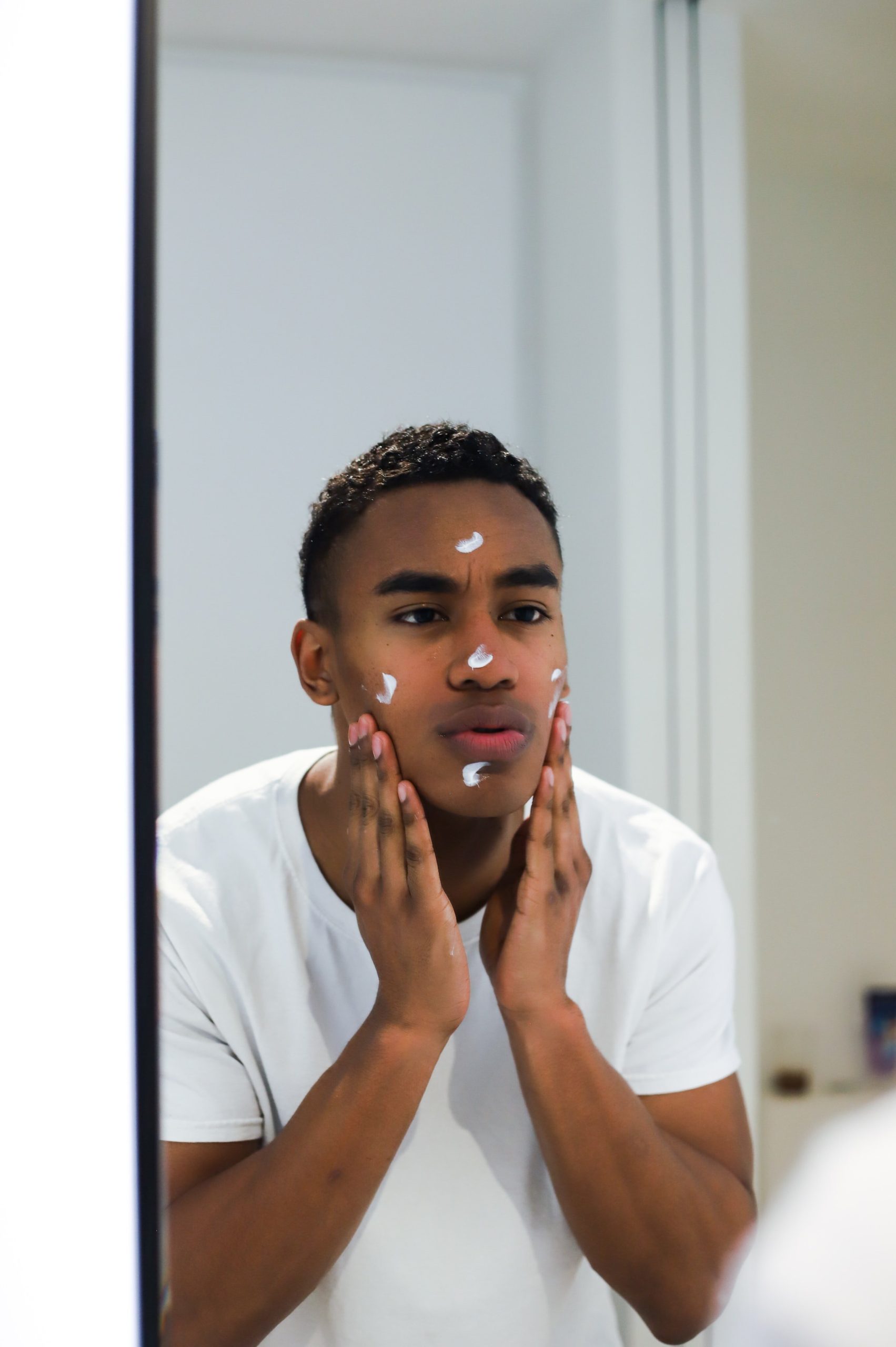Introduction to skincare
Your skin is the largest organ in your body, and it’s also the most exposed. That means it’s susceptible to all sorts of damage, from the sun and pollution to dryness and aging.
That’s why it’s important to take care of your skin. A good skincare routine can help keep your skin healthy and protect it from damage.
There are a few things you need to know about skincare before you get started. First, you need to know what kind of skin you have. There are four main types: normal, dry, oily, and combination.
Normal skin is not too dry or too oily. It’s well-balanced and generally not prone to blemishes or other problems.
Dry skin is lacking in natural oils. It can be tight, flaky, and prone to irritation.
Oily skin is characterized by an excess of natural oils. It can be shiny, greasy, and more likely to develop blemishes than other types of skin.
Combination skin is a mix of both dry and oily areas. The T-zone (forehead, nose, and chin) is usually oily while the cheeks are dry.
Once you know your skin type, you can choose the right products for your skincare routine. Be sure to cleanse, moisturize, and protect your skin every day. And don’t forget to exfoliate regularly to remove dead skin cells
The basics of skincare
Assuming you would like a blog article discussing skincare:
Skincare is important for everyone, but it can be hard to know where to start. This guide will walk you through the basics of skincare, so you can make sure your skin is healthy and protected from damage.
The first step in any good skincare routine is cleansing. Cleansing your face will remove dirt, oil, and makeup from your skin. You should wash your face at least once a day, but you may need to wash more often if you have oily skin or if you wear a lot of makeup. There are many different types of cleansers on the market, so find one that works well for your skin type.
Once you’ve cleansed your skin, it’s time to apply a moisturizer. Moisturizer will help keep your skin hydrated and protect it from environmental damage. Look for a moisturizer that suits your skin type – if you have oily skin, look for an oil-free moisturizer; if you have dry skin, look for a cream or ointment-based moisturizer. Apply your moisturizer after cleansing and throughout the day as needed.
In addition to cleansing and moisturizing, you should also wear sunscreen every day. Sunscreen will help protect your skin from the harmful effects of ultraviolet (UV) radiation. Choose a sunscreen with an SPF of at least 30 and reapply every two hours or as
The different types of skincare products
There are four different types of skincare products: cleansers, toners, moisturizers, and serums.
Cleansers are used to remove dirt, oil, and makeup from the skin. Toners help to restore the skin’s pH balance and tighten pores. Moisturizers hydrate and nourish the skin. Serums are concentrated treatments that target specific concerns such as wrinkles, dark spots, or acne.
The best way to protect your skin from damage is to use all four types of products in your skincare routine. However, you may not need all four products every day. For example, if you have dry skin, you might use a cleansing oil instead of a cleanser in the morning followed by a toner, moisturizer, and serum at night.
How to choose the right skincare products
When it comes to skincare, there are a lot of products on the market. It can be hard to know which ones are right for you. Here are some tips on how to choose the right skincare products:
1. Know your skin type. This is the first step in choosing the right products. There are four main skin types: oily, dry, combination, and sensitive.
2. Consider your lifestyle and environment. If you live an active lifestyle or spend time outdoors, you will need different products than someone who lives a more sedentary lifestyle or works indoors all day.
3. Be aware of your skin concerns. Do you have acne? wrinkles? dark spots? Choose products that will address your specific concerns.
4. Do some research. Read reviews of products before you buy them. Ask your friends or family for recommendations.
5. Don’t be afraid to experiment. Try different products until you find ones that work for you.
Skincare tips for different skin types
There are many different skin types, and each one requires a different skincare routine. Here are some tips for keeping your skin healthy and protected from damage:
If you have dry skin, be sure to moisturize regularly. Look for products that contain hyaluronic acid or glycerin, which can help to trap moisture in the skin. Avoid harsh cleansers and exfoliants, which can further dry out the skin.
If you have oily skin, it is important to cleanse regularly and control excess oil production. Use a gentle cleanser that will remove dirt and oil without stripping the skin. Exfoliate weekly to help keep pores clear. And be sure to use a light, oil-free moisturizer to keep the skin hydrated without causing breakouts.
If you have sensitive skin, it is important to choose skincare products carefully. Avoid anything with fragrances or harsh chemicals, as these can irritate the skin. Opt for products that are labeled “hypoallergenic” or “for sensitive skin.” And be sure to test new products on a small area of skin before using them over your entire face.
If you have combination skin, you may need to use different products on different areas of your face. For example, you may need a stronger cleanser on your T-zone ( forehead, nose, and chin) than you do on your cheeks. Be sure to moisturize
How to take care of your skin
Your skin is your body’s largest organ, and it’s important to take care of it. Here are some tips on how to keep your skin healthy:
-Wash your face every day with a gentle cleanser.
-Apply sunscreen every day, even if you don’t plan on spending time in the sun.
-Drink plenty of water to keep your skin hydrated.
-Eat a balanced diet that includes plenty of fruits and vegetables.
-Avoid smoking, which can damage your skin.
Conclusion
Caring for your skin is an essential part of maintaining a healthy lifestyle. Taking the time to learn about skincare and protect your skin from damage can help you look and feel better, both now and in the future. Our guide has given you all the info you need to start taking proper care of your skin, such as understanding how sunscreen works, what ingredients to avoid on labels, and knowing when it’s time to switch up your routine. With this knowledge under your belt, you’re ready to go out there and get glowing!










